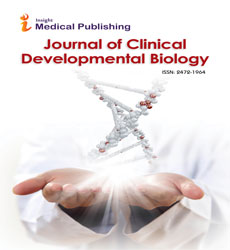QUANTITATIVE EEG COMPARATIVE ANALYSIS BETWEEN AUTISM SPECTRUM DISORDER (ASD) AND ATTENTION DEFICIT HYPERACTIVITY DISORDER
Dr.PLamen Dimitrov
Department of Neurology and Psychiatry, Faculty of Medicine, Medical University of Varna, Bulgaria
Received Date: 2022-02-12 | Accepted Date: 2022-02-20 | Published Date: 2022-02-27Prof. Plamen Dimitrov
Department of Neurology and Psychiatry, Faculty of Medicine, Medical University of Varna, Bulgaria
Received:February 12, 2022; Accepted: February 20, 2022; Published: February 27, 2022
Abstract
Background: Autism or Autistic Spectrum Disorders (ASD) is a mental developmental disorder, manifested in the early childhood. Attention deficit hyperactivity disorder (ADHD) is an another psychiatric disorder of the neurodevelopmental type. There are evidences that the both disorders affect the information processes in the nervous system altering the mechanism, how the neurons and their synapses are connected and organized. It is not yet clear the etiology and the physiological mechanisms of ASD and ADHD.
Purpose: To examine if quantitative EEG (QEEG) assessment is sensitive and simple enough to differentiate children with ASD from ADHD and neurotypic children.
Material and methods: QEEG is a type of electrophysiological assessment that applies computerized mathematical analysis to convert the raw waveform data into different frequency ranges. Each frequency range is averaged across a sample of data and quantified into mean amplitude (voltage in microvolts mV).
Open Access Journals
- Aquaculture & Veterinary Science
- Chemistry & Chemical Sciences
- Clinical Sciences
- Engineering
- General Science
- Genetics & Molecular Biology
- Health Care & Nursing
- Immunology & Microbiology
- Materials Science
- Mathematics & Physics
- Medical Sciences
- Neurology & Psychiatry
- Oncology & Cancer Science
- Pharmaceutical Sciences
